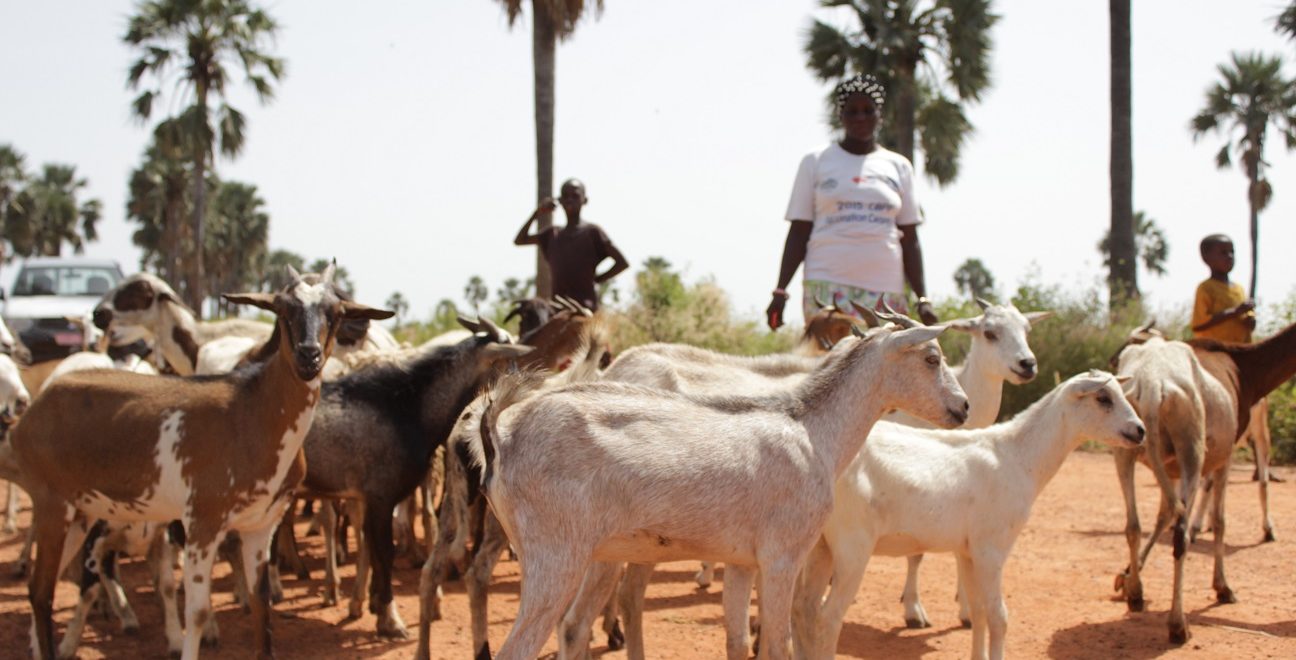The coronavirus is not just a health crisis. The world may be on the brink of a new food crisis.
The effects of the pandemic are already being felt along food supply chains, and we will soon start to see its impacts on the agricultural sector both in the United States and especially in developing countries. Reduced incomes are already affecting the demand for food, while farmers struggle to acquire inputs for the next planting season due to the economic instability they’re experiencing from the lockdowns. Thus far the availability of food is still guaranteed, but it’s not totally clear how long this will last, as nobody can be sure whether hoarding or export restrictions will happen again.
In this current crisis, people on the frontlines of poverty and injustice will suffer the most. Among them are smallholder farmers and agricultural workers, who harvest and transport the food we eat every day. Governments must take urgent measures to support small-scale farmers not only with social protection programs, which are important, but also with structural solutions that will ensure long-term food and economic security.
Here are four reasons we need to support small-scale farmers now:
- Small-scale farmers produce 80% of the world’s food. The COVID-19 crisis will impact them first and foremost. Farmers markets around the world are being closed to avoid the spread of the virus, yet supermarkets remain open. If we want to continue to have food on our table, we have to support their resilience by promoting programs that support their production, such as public procurement for school feeding programs or facilities to connect them to consumers for delivery services.
- Small-scale farmers who practice agroecology preserve the ecosystem and help maintain the delicate balance between humans and nature. Aggressive industrial agriculture has devastated the environment, making it easier for viruses to transfer from wildlife to livestock in crowded factory farms and then to humans. If we want to avoid another outbreak like COVID-19, we have to change the ways we produce and consume food.
- Small-scale farmers provide us with fresh and healthy food, which is considered a cornerstone in sustainable and healthy diets. Currently, obesity and malnutrition are rising at the same rate as hunger because of the excessive consumption of processed and high calorie foods. If we want to avoid the increase of diabetes, heart problems and obesity, conditions that are also linked to poverty, we have to embrace agroecology, which both provides nutritious food and eliminates toxic pesticides and fertilizers.
- Small-scale farmers practicing agroecology believe in values such as collective well-being and community solidarity. The COVID-19 crisis has shown the importance of public services and human solidarity to stop the spread of the virus.
If we want to build a better society where people live in peace and harmony and support each other, we first and foremost have to support family farmers. Even as they produce the food we consume, they are showing us what it can look like for society to be anchored in solidarity and well-being, not pure economic profit.
That’s why we need our governments to support small-scale farmers. If nothing else, this crisis has reminded all of us just how important they are to our collective survival.

